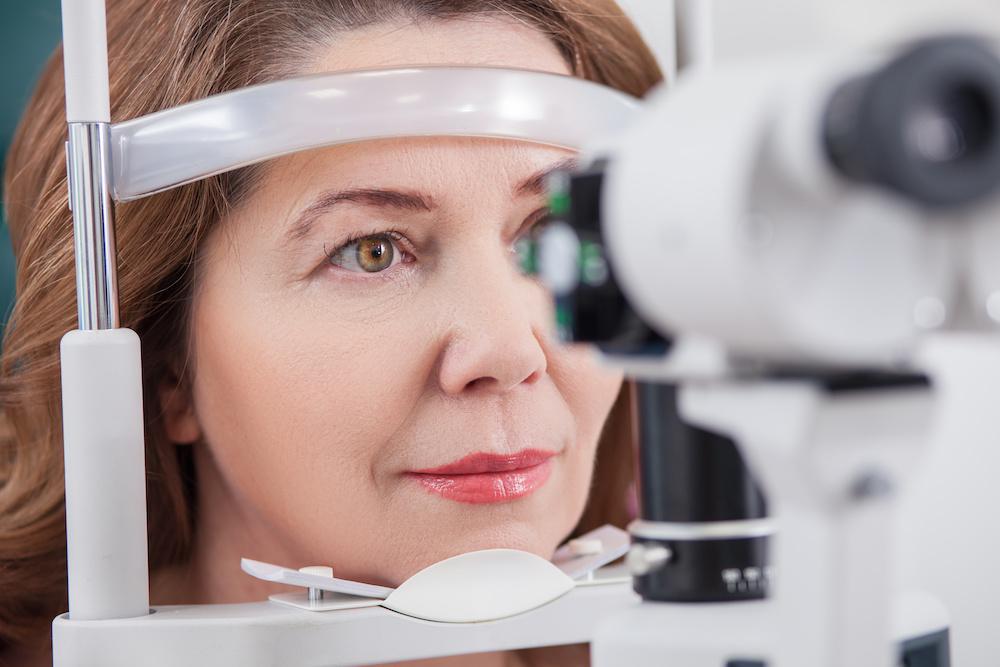It’s no secret that diabetes is a serious medical condition that can be particularly dangerous if it’s not controlled. When your body can’t properly convert sugar from the food you eat to fuel for your cells, the results can cause dangerous ripple effects throughout your body.
If you’re one of the more than 34.2 million Americans who has diabetes, you know that your eyesight is particularly at risk. In this blog, the highly skilled doctors at Tayani Institute give you the scoop on safeguarding your vision when you have diabetes.
What is diabetes?
Diabetes is a chronic medical condition that centers around sugar levels and a hormone called insulin. Under normal conditions, insulin takes the sugar from the foods you eat and turns it into fuel for the cells in your body.
However, if you’re diabetic, your pancreas doesn’t produce enough insulin, or your body doesn’t properly process the insulin it does produce, and your sugar levels become imbalanced. This imbalance can have dangerous implications over time. Fortunately, diabetes can be managed through lifestyle changes and medication.
Protecting your vision
If you have diabetes, there are a number of things you can do to help keep your body and vision healthy, such as the following:
Keep your blood sugar under control
The best thing you can do to help keep vision problems at bay is keep your diabetes under control. The way to do this is stay on top of your blood sugar numbers.
Make sure that you do regular glucose screenings and have a fasting plasma test done as part of your annual physical. A healthy blood sugar level is less than 100 milligrams per deciliter after not eating.
Report blurry vision or changes in your eyesight
Blurry vision can simply mean your vision has changed and you may need new glasses or contacts. However, if you have diabetes, it’s important to let your doctor know about any changes in your vision before a minor issue turns into a more serious one.
Blurry vision may mean you’re developing glaucoma or a cataract, both of which can lead to blindness. When you have diabetes, you’re also at a higher risk of developing serious eye conditions, such as diabetic retinopathy, which can progress to diabetic macular edema, which can result in vision loss.
Early detection is the key to preserving as much of your vision as possible and lessening the progression of an eye disease. If your eyesight seems off somehow ― even if it seems minor ― mention it to your doctor. It may be nothing, but why take the chance?
See your doctor regularly for diabetic eye exams
One of the best ways to stay on top of your eye health if you have diabetes is to get regular diabetic eye exams. During this thorough exam, your Tayani Institute specialist evaluates your eyes for symptoms of damage. Part of a diabetic eye exam includes dilating your eyes so your doctor can get a better look at the interior of each eye.
During a screening ― called optical coherence tomography ― your doctor checks the thickness of your retinas and looks for symptoms of possible leaking from damaged blood vessels. Another test ― called fluorescein angiography ― involves the injection of a dye, which ultimately travels to the vessels of your eyes so that your doctor can check for blockages and leakage issues.
If you have diabetes and have any questions or concerns about your eye health, book an appointment online or over the phone with the Tayani Institute today.


